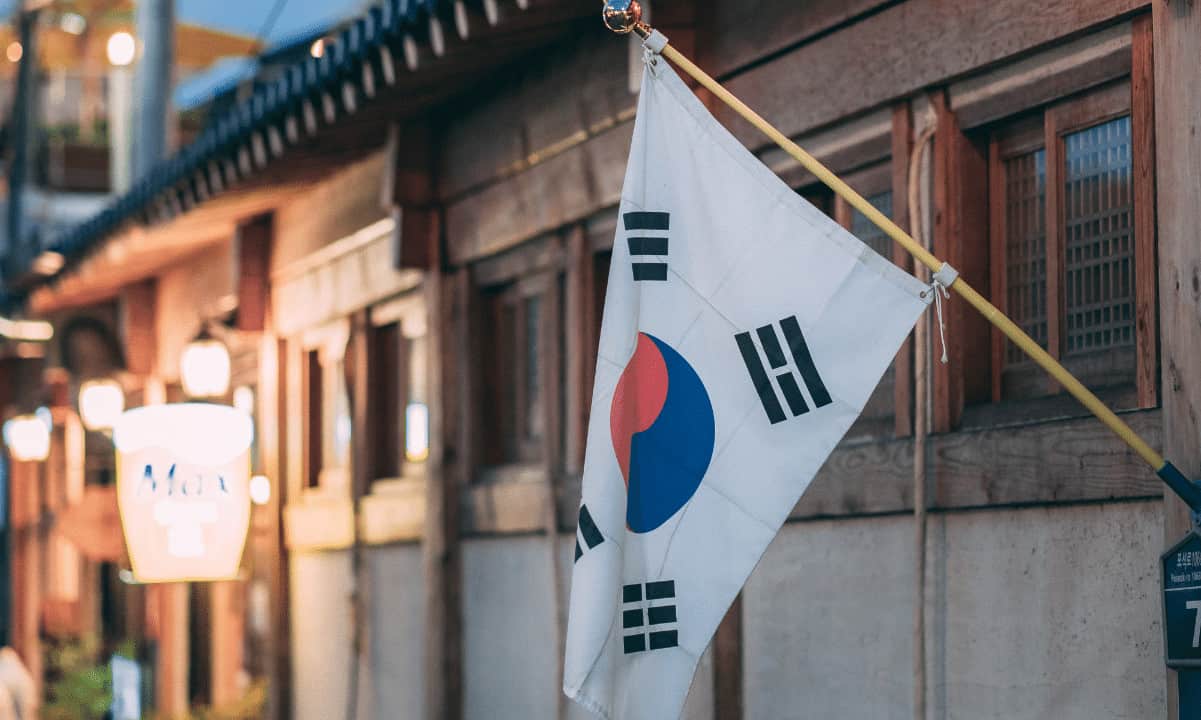

There’s a crypto study out of South Korea recently of Chinese Bitcoin arbitrage traders and Korea’s “kimchi premium” on Bitcoin prices. Its characterization of the cross-border Bitcoin trade and recommendations miss some key economic foundations.
A recently published crypto study by Incheon National University and the Bank of Korea is making the rounds. The authors found a strong correlation between the “kimchi premium” and international remittances to China.
‘Kimchi Premium’ Is The Persistently Higher Bitcoin Price in South Korea
The kimchi premium is the higher Bitcoin and crypto prices in South Korea. That’s because of the higher relative demand for Bitcoin within the Korean economy against fiat payments. It’s also a result of lower BTC supply.
The paper’s authors infer that Chinese arbitrage traders are selling Bitcoin to South Koreans. They suggest it is because the Chinese Bitcoin sellers are going after the kimchi premium. They’re selling it to South Korean crypto traders specifically to get a higher price.
The paper’s authors frame this as Chinese crypto traders taking advantage of Korean crypto traders. They call South Korea a “target” and say Chinese crypt traders are “exploiting excess demand.” Moreover, they also call for international standards of regulation of cryptocurrency to protect investors.
ADVERTISEMENT
But Chinese crypto traders aren’t fleecing South Korean crypto traders. The South Korean Bitcoin buyers don’t mind being fleeced if that’s what it is. They are willing to pay higher prices to get ahold of more Bitcoin.
Chinese Are Serving the Higher Demand
The study originated from the economics department of Incheon National. But the paper itself isn’t very economical. The author does not seem to consider the cross-border trade of bitcoin economically.
Higher prices specifically exist to attract more sellers. That’s how markets work to coordinate supply and demand. There isn’t as much Bitcoin in South Korea as people in the market for it there would like.
So they are willing to pay a higher price to get more Bitcoin. That is a free market. It’s not exploitation. This is how prices distribute resources to where people want them most in the fair trade-offs we all make.
The Chinese traders getting the kimchi premium are responding to an incentive. Bitcoin buyers in Korea raise that incentive with their own money. They use the higher price they’re willing to pay as BTC bait.
Ironically, the paper calls for policy intervention. That’s ironic because it’s policy (strict Korean capital controls) that creates the Bitcoin shortage in South Korea. That shortage of BTC is the cause of the kimchi premium.
A decrease in government controls on financial markets could be more apt to cut the premium. The mutually beneficial trade relationship between Chinese and Korean crypto traders is not exploitation. It’s economy.
Binance Free $100 (Exclusive): Use this link to register and receive $100 free and 10% off fees on Binance Futures first month (terms).
PrimeXBT Special Offer: Use this link to register & enter POTATO50 code to receive up to $7,000 on your deposits.
The post appeared first on CryptoPotato






